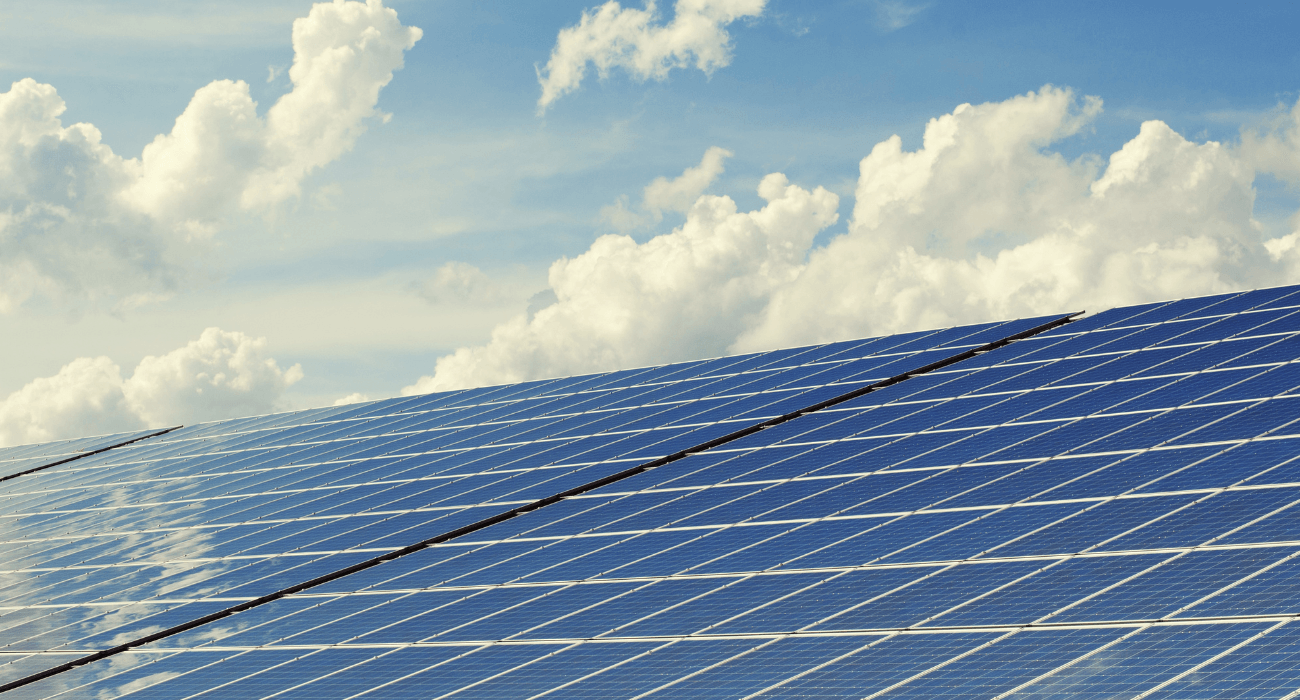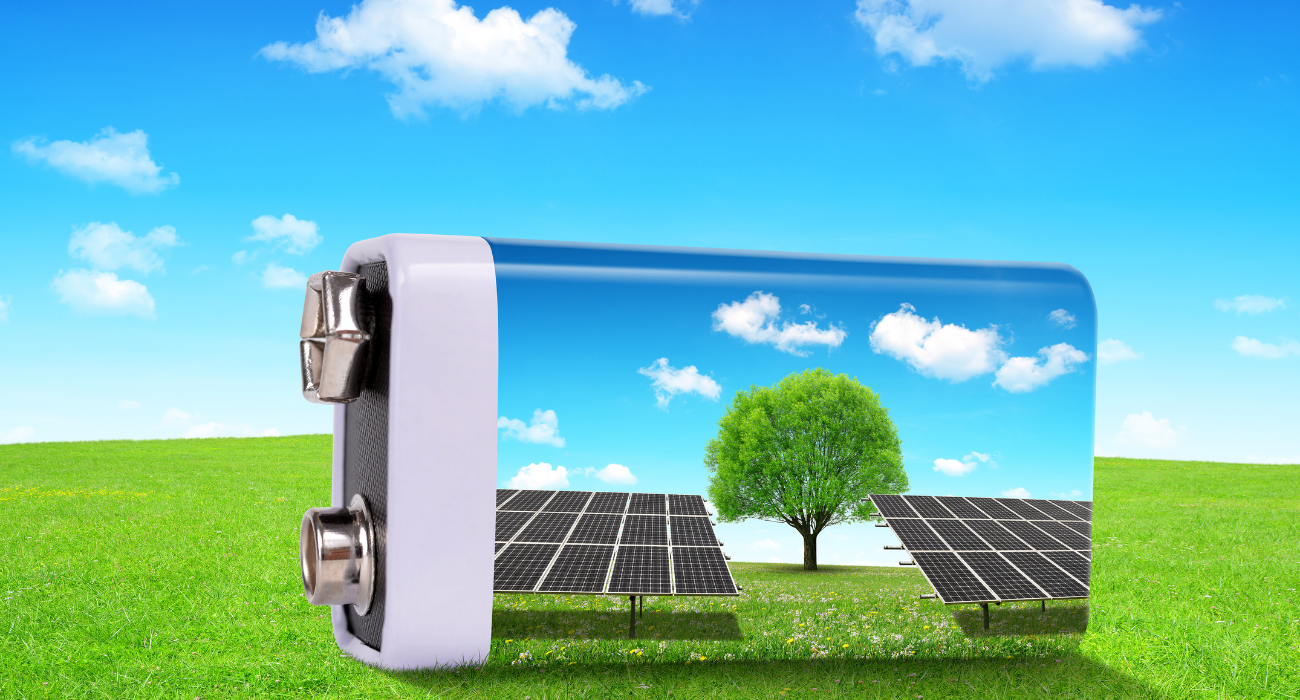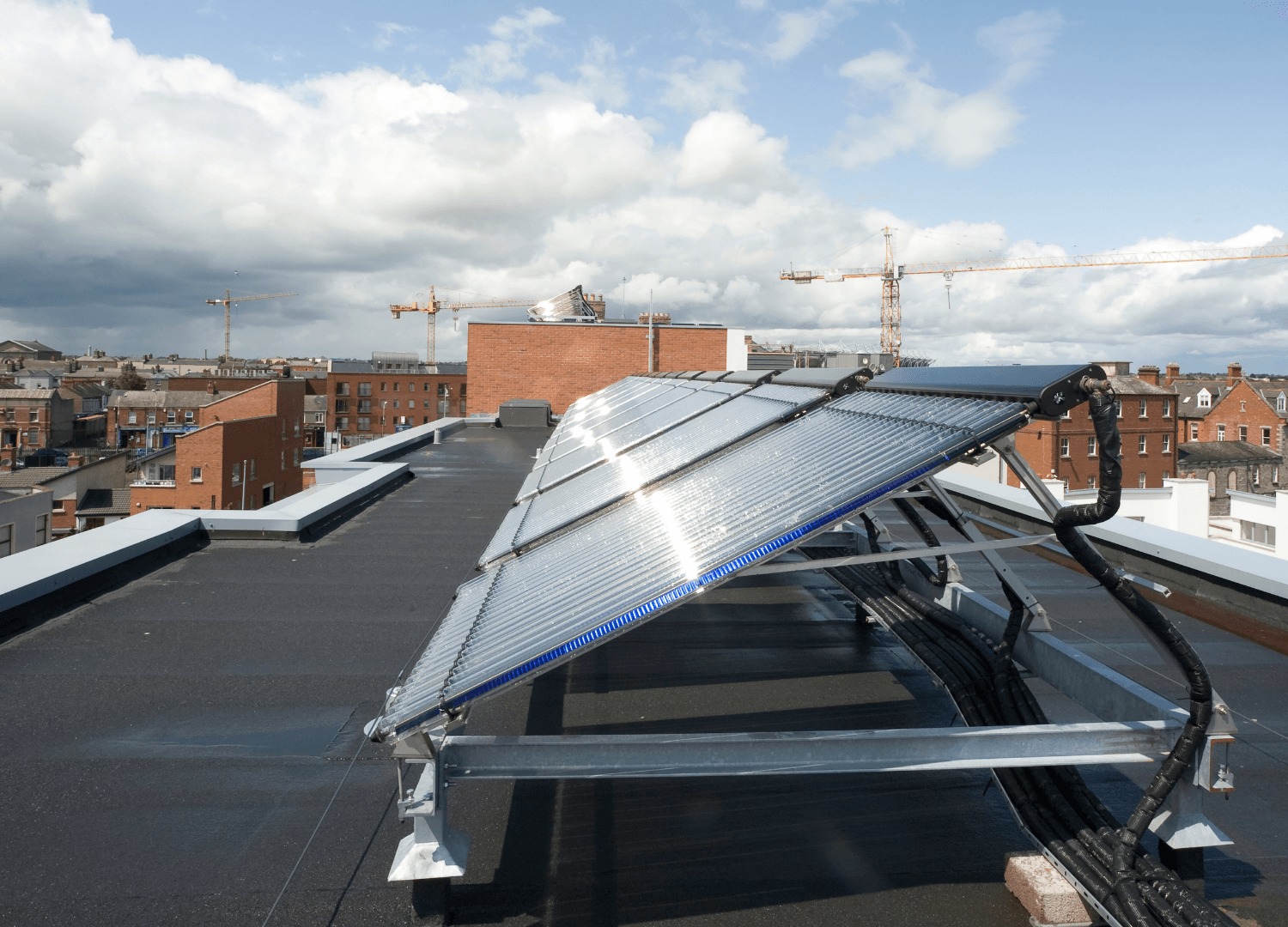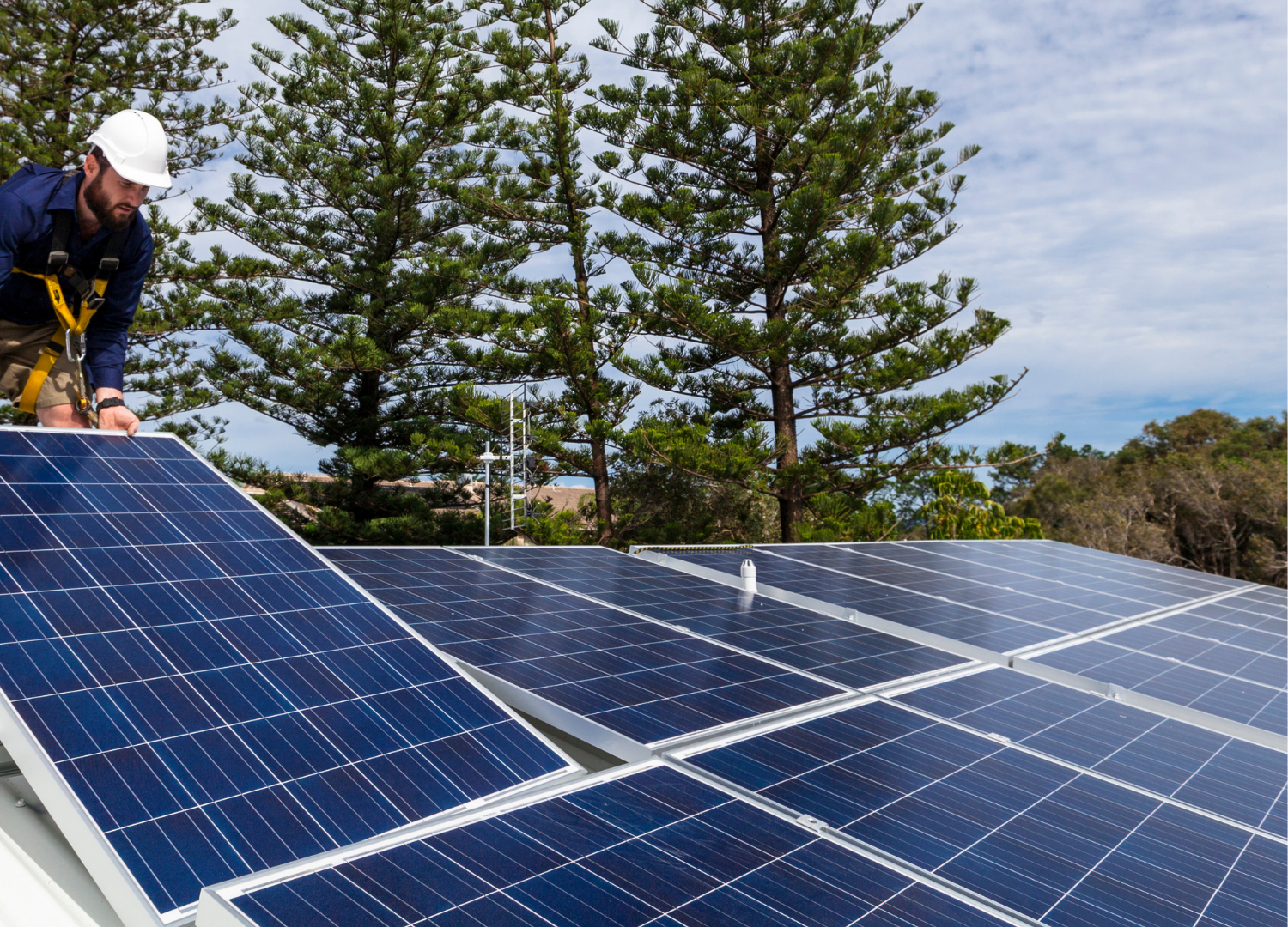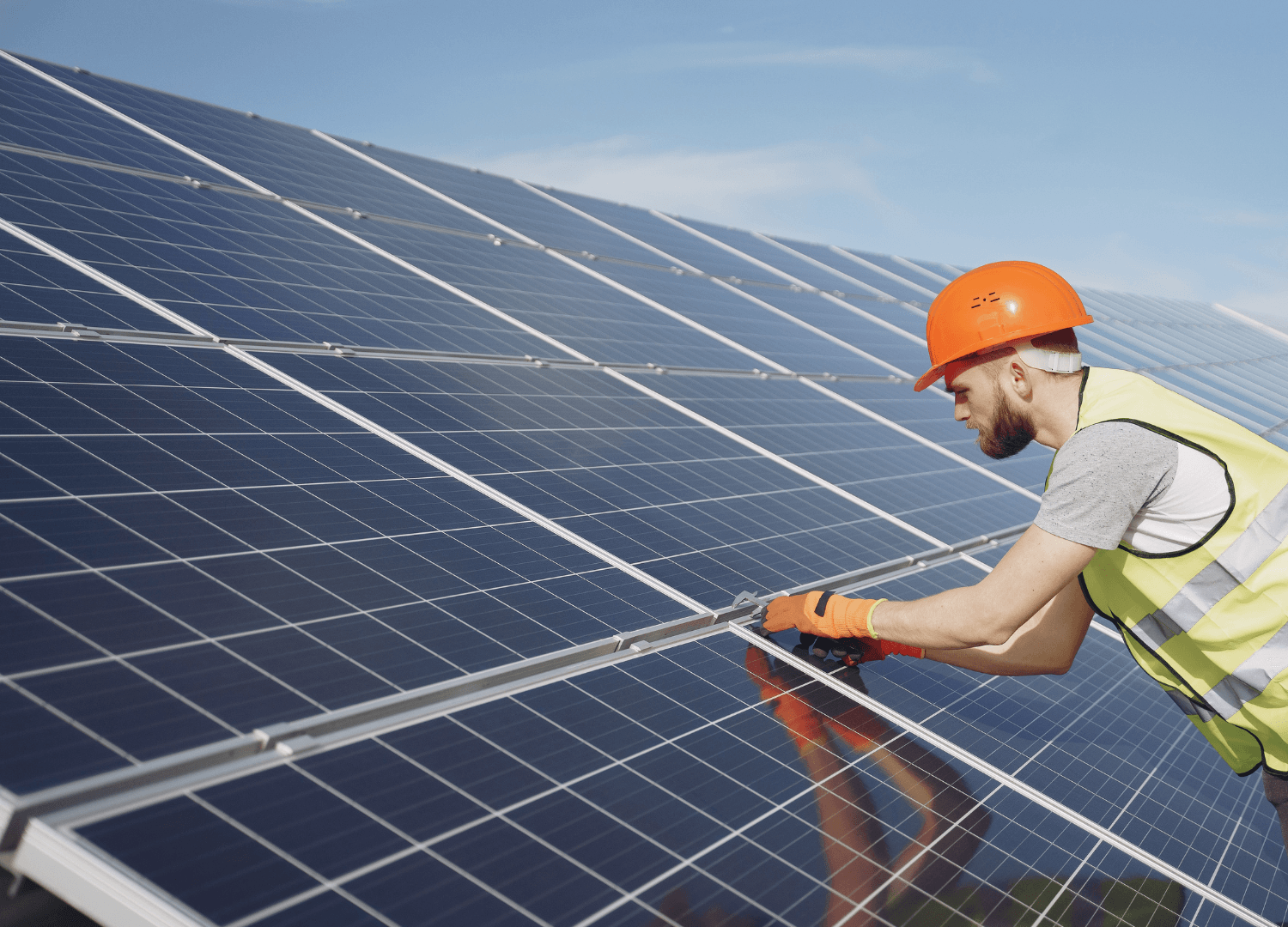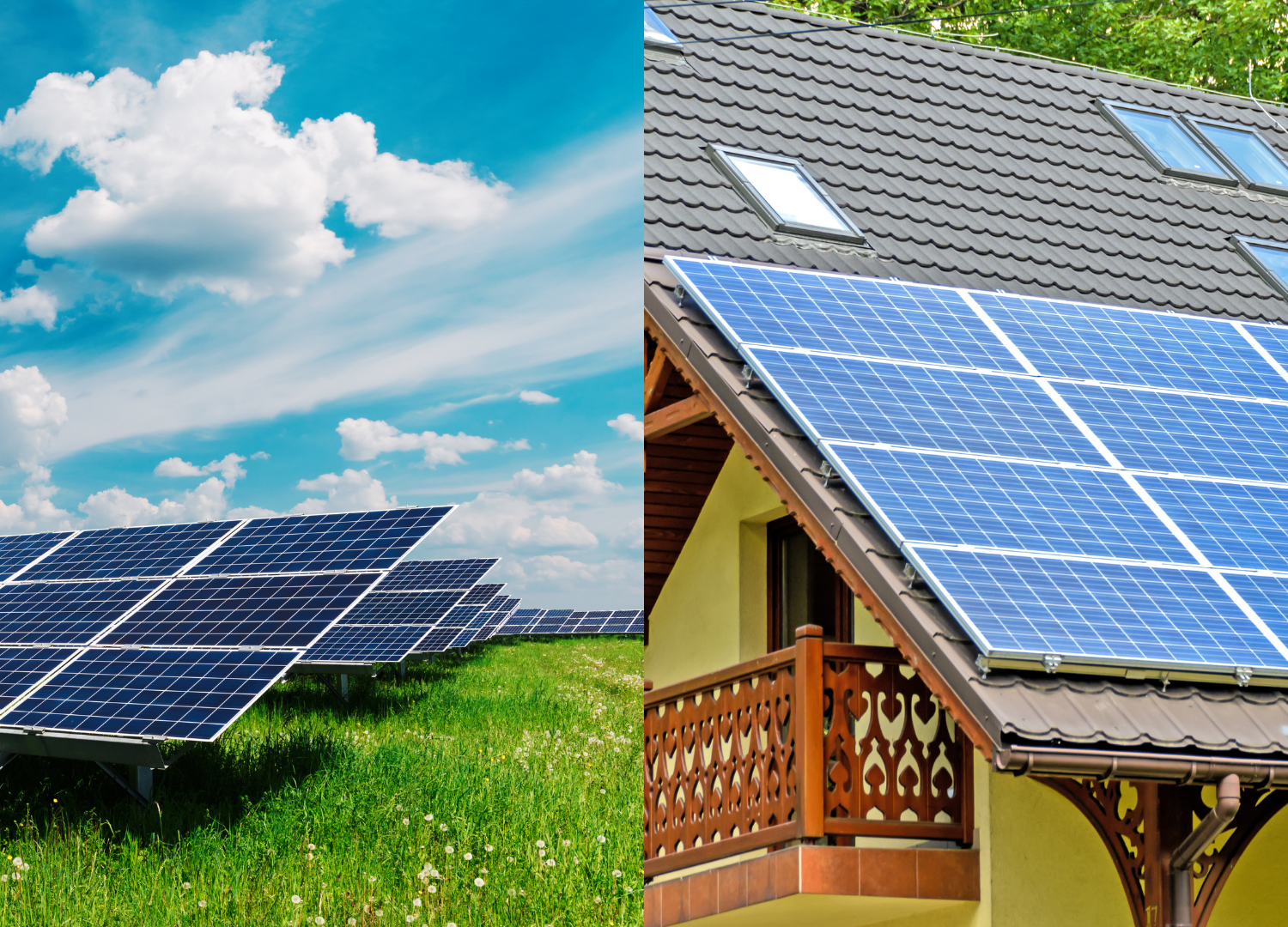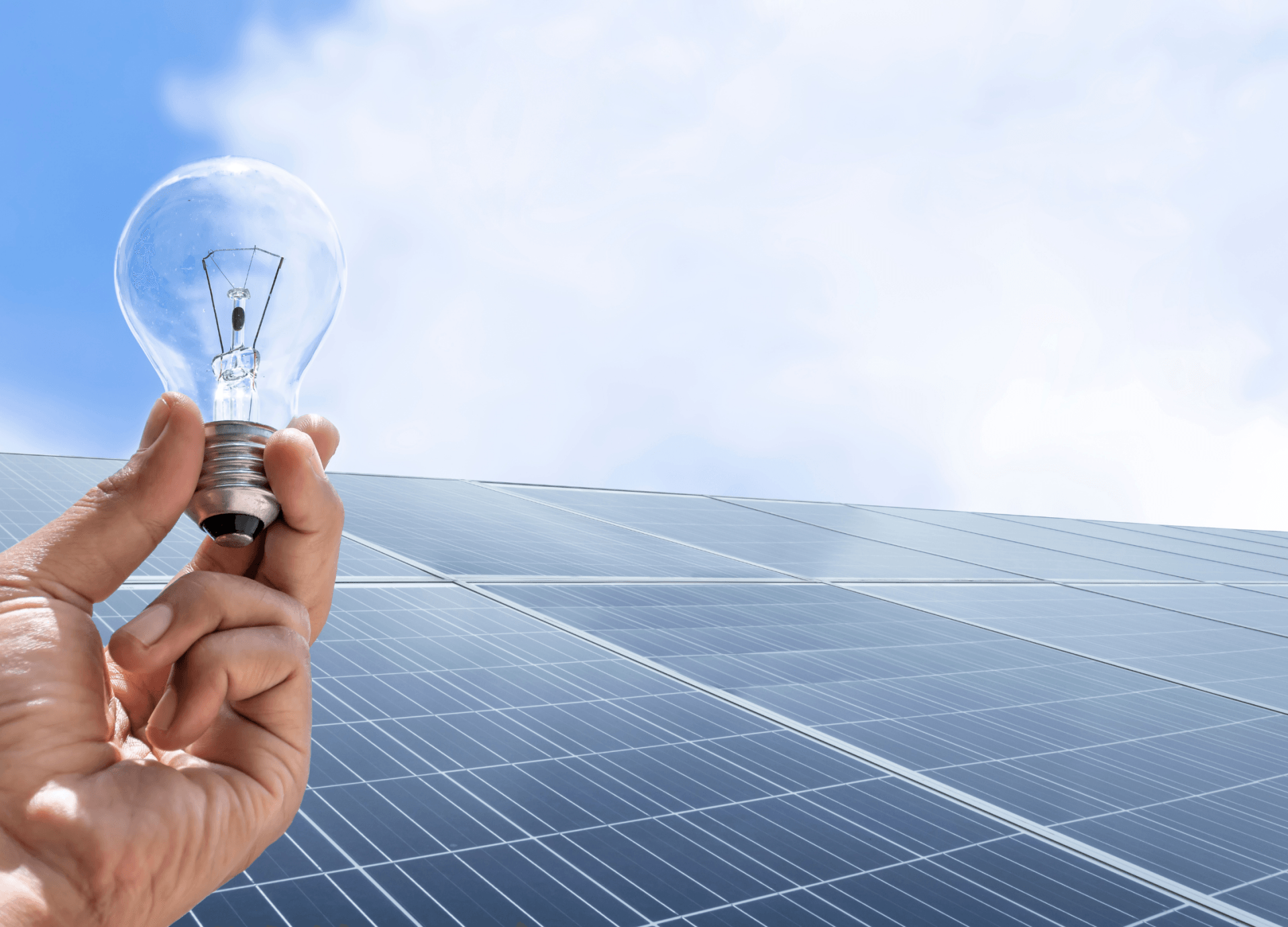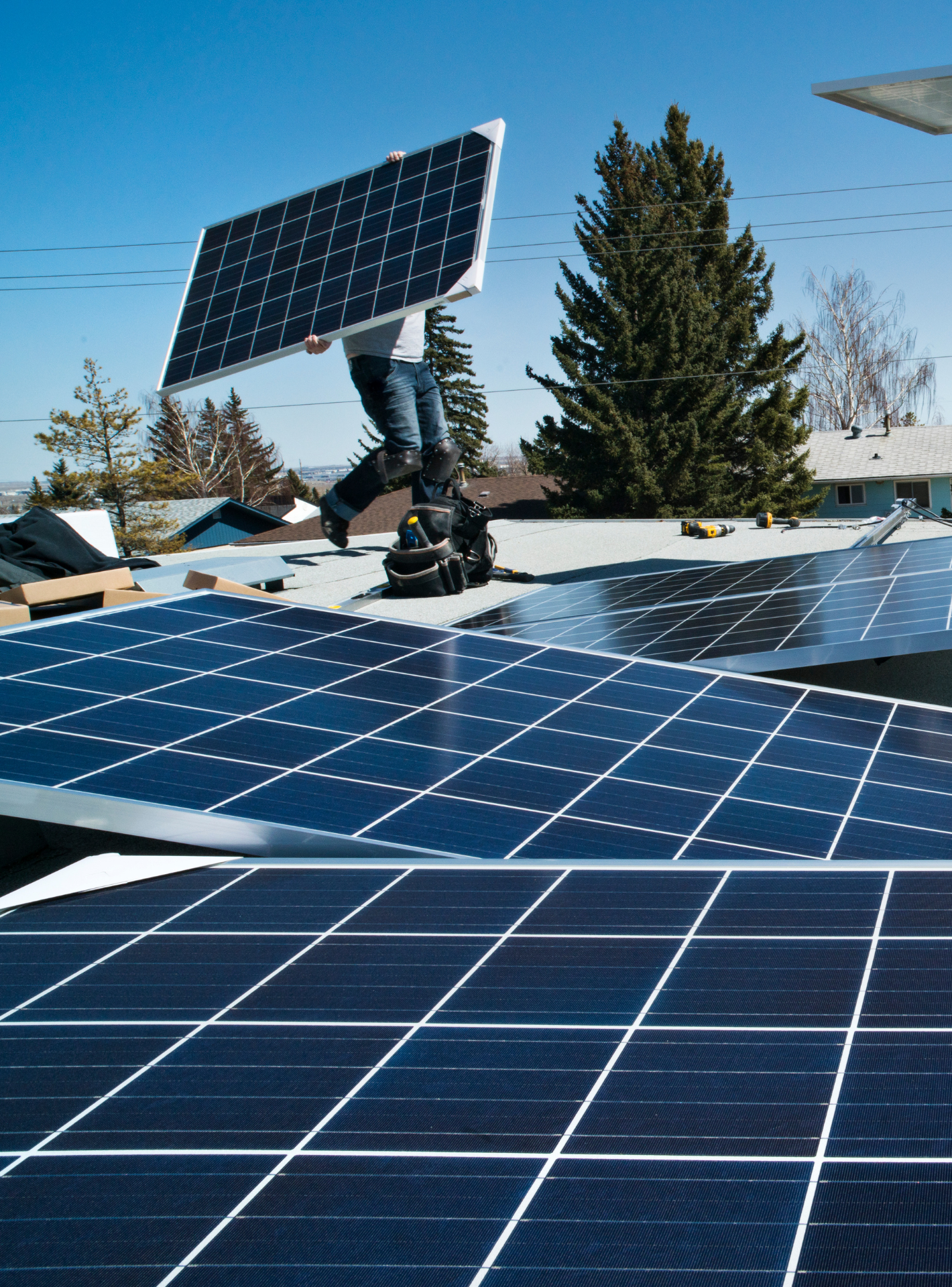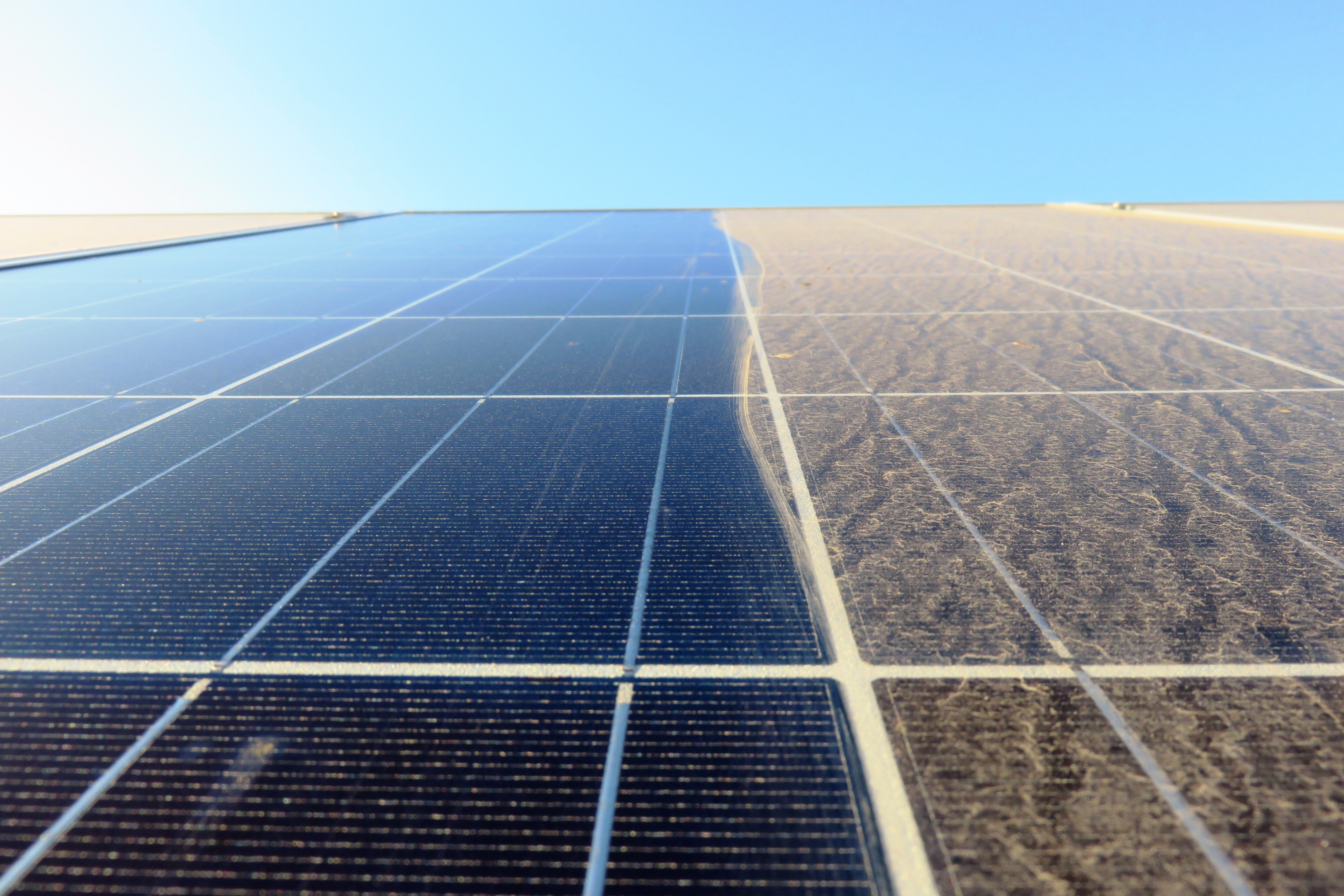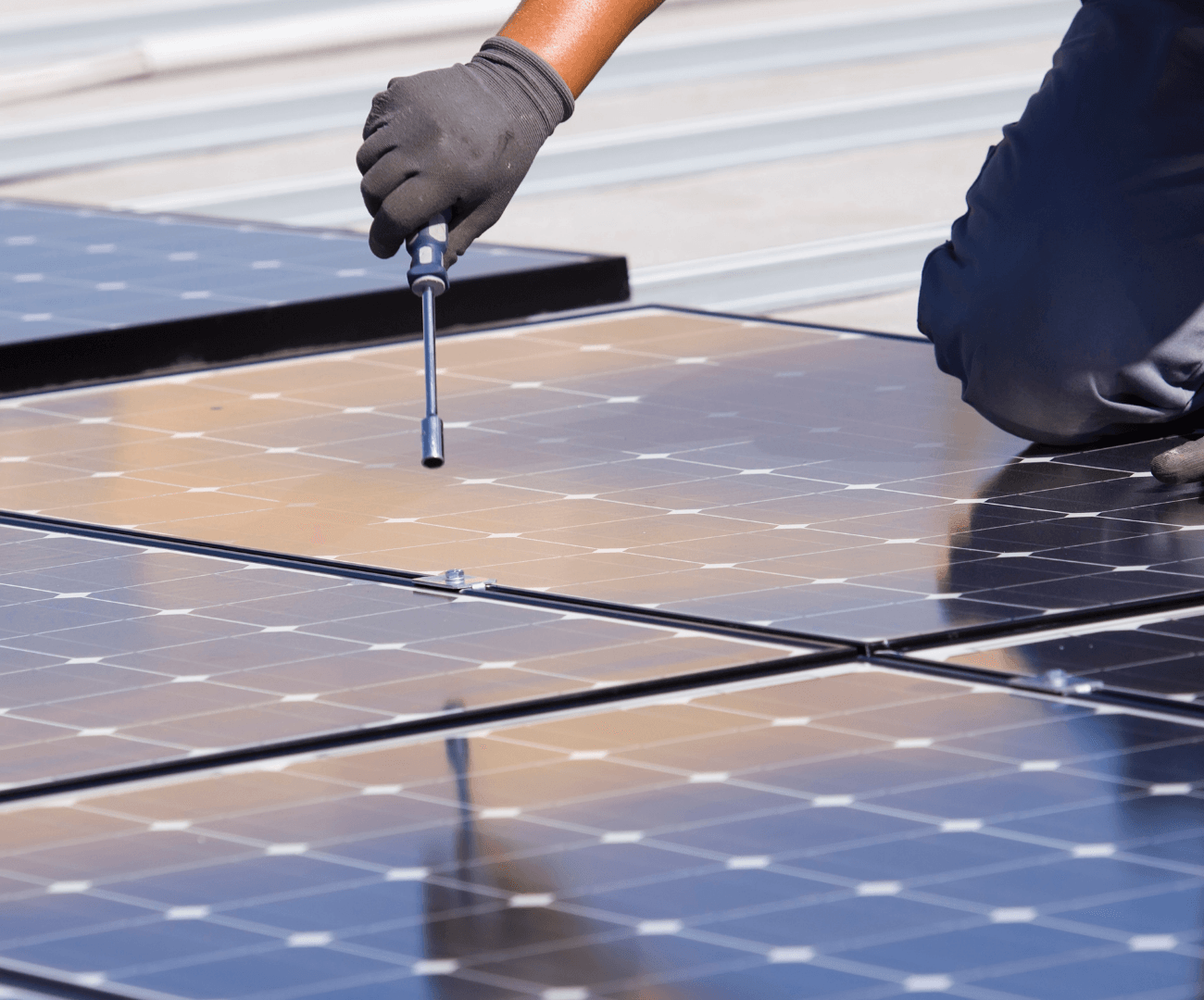Micro Inverter Vs String Inverter
The Difference Between String Inverters Vs Micro Inverters
The Meaning And Function Of Inverters
The work of solar panels in your home is to change light energy into electrical direct current energy, commonly referred to as DC. On the other hand, the electrical energy inside your home is Alternating Current, also called an AC. The role of inverters is to convert the energy gathered by the solar panels into an energy form that can power appliances at home.
The Difference Between Central (String) Inverters And Microinverters
The function of central/string inverters is to bond the solar panels using "strings." These strings are then joined to a single inverter. On the contrary, micro-inverters connect each panel to a different inverter. Microinverter systems are connected in parallel instead of being connected in series, as is the case with string inverters.
A good comparison is to view inverters like holiday string lights: central inverters are the models from the past, meaning when one bulb goes off, the rest of the bulbs in the series will go off. However, microinverters are similar to the new holiday lights: when one bulb goes off, you only need to replace it.
For this reason and others, we confidently opt for microinverters. Please continue reading to find out why microinverters offer more significant benefits to your solar energy project and the factors to consider when selecting microinverters.
The Advantages Of Microinverters
Overcoming Drawbacks From Roof Shading
Most of the time, roofs experience some shading, sometimes from trees or a chimney. Unfortunately, the shade impedes the panels from operating at their 100% efficiency level. The performance of a string inverter system is only as good as its least-efficient panel. That means if leaves or a shade block the performance of one panel, the rest of the panels will perform at a reduced level.
On the other hand, microinverters allow individual panels to operate alone, which boosts energy production even when some panels are in the shade or covered by snow. Most roofs experience some level of shade, and this is why most homes have microinverters in their solar projects.
Please note that including an optimizer for specific central inverters is possible. However, solar systems with D/C optimizers must attain a particular voltage to enable the inverter to begin operating. If 50% of the system is cast in the shade, the optimizer will fail to do its job.
They Are More Efficient
Microinverters provide 5 to 15% more efficiency compared to string inverters because, with microinverters, each panel functions individually. In other words, their superior qualities enable them to deal with sheltered circumstances, significantly improving their work efficiency. Additionally, these qualities are equally helpful when a solar panel or microinverter is dirty or damaged.
Also, note that two solar panels cannot be the same. Typical solar energy production can fluctuate by up to 5% for different solar panels even while still at the manufacturer's premises. At the same time, you can expect solar panels to age at varying rates. String inverters suffer the most because the least-efficient solar panels encumber their ability to produce solar energy; on the other hand, microinverters enable every solar panel to function at its highest potential.
They Are Much Safer To Use
Individual microinverters allow the conversion of DC to AC to occur at the solar panel level. This helps to maintain the energy in your house at a low voltage. On the contrary, string inverters combine and circulate high-voltage DC all over your roof, quickly resulting in a fire occurrence.
They Have Longer Warranty Covers, Better Support, Maintenance And Easy Monitoring
String inverters usually last for 10 to 15 years and come with a warranty cover of between 8 and 12 years unless you buy a more extended warranty. That means you will probably need to replace the inverters upon the expiry of the warranty. On the other hand, the Enphase microinverters we work with have a 25-year warranty. This shows the level of confidence the manufacturer has in their Enphase microinverters.
When it comes to maintenance and support, microinverters are superior. For instance, Enphase's monitoring allows you to keep track of your solar panel's performance and confirm its efficiency and rate of degradation to know when you need to service or repair it. Enphase's monitoring helps you benefit most from your solar panel's warranty. This is despite the manufacturer's offering a superior warranty on the product.
Lastly, panel-by-panel monitoring makes it easy to identify issues and minimizes the need to send people on your roof for physical inspections. On the other hand, maintenance of central or string inverters must kick off with the elimination process—the professional technicians must first identify the panel with the issue before diagnosing the problem and fixing the problem.
They Have Lesser Downtime
As we mentioned earlier in the article, when one inverter goes off for a central inverter, the rest of the system goes off. This is not the case with microinverter systems. One solar panel can go off, and the rest of the panels will continue to generate energy for your house. In the end, microinverters enable you to achieve more excellent system uptime for your solar arrays.
Makes System Upgrade Easier
It makes it easy to increase your microinverter system whenever you need to include extra panels in your existing solar panel array. This is because solar panels and microinverters can be added one after another. However, installing additional panels in a system with string inverters is more expensive and challenging because You must route all panels to a separate inverter.
Disadvantages Of Microinverters
A Probable Degree Of Failure
There is a higher risk that one of the microinverters will fail because there are numerous them in the system. However, this does not mean the whole solar PV system will fail. Additionally, the faulty microinverter can be covered by the warranty. From our professional experience, we can guarantee you that the risk of failure is minimal for any microinverter. We believe the risk of failure is a small compromise if it means having more "brains" in your solar energy system.
Their Price Is Significantly Higher
Microinverters have a slightly higher price than central inverters, but both prices are comparable. If you consider the long-term costs of using central or string inverters, microinverters have more excellent value.
First, you will benefit from a more efficient system for a more extended period. This means more significant and more secure energy generation in your building.
Second, central inverters must be operated according to rapid shutdown guidelines in most localities. Usually, it costs extra money to make sure the string inverter is compliant with fast shutdown requirements.
Finally, as we mentioned earlier, there is a high probability you will have to replace your string inverter upon the expiry of the warrant. When you consider all those factors, you will find microinverters provide more value for your money.
